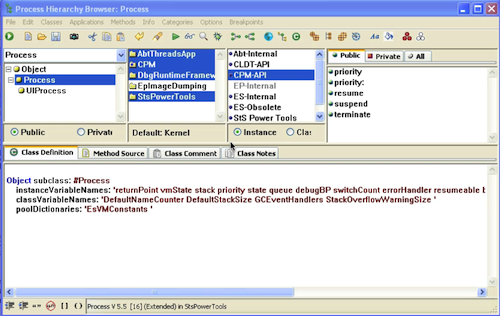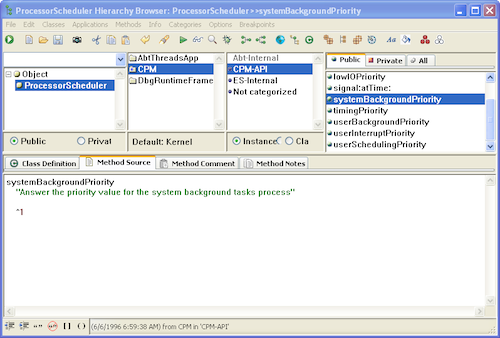IM 63: Go Small or Go Home (AAC)
Welcome to episode 63 of Independent Misinterpretations - a Smalltalk and dynamic language oriented podcast with James Robertson and David Buck.
David Buck and I talk about Smalltalk and large scale development, using an interview with Joe Armstrong and Ralph Johnson as a stepping off point. To read or listen to that interview, visit the InfoQ site. There's also a good discussion about this topic in an email thread across the vwnc and Squeak mailing lists; you should check those out as well.
You can subscribe to the podcast in iTunes (or any other podcatching software) using this feed directly or in iTunes with this one.
To listen now, you can either download the mp3 edition, or the AAC edition. The AAC edition comes with chapter markers. You can subscribe to either edition of the podcast directly in iTunes; just search for Smalltalk and look in the Podcast results. You can subscribe to the mp3 edition directly using this feed, or the AAC edition using this feed using any podcatching software. You can also download the podcast in ogg format.
If you like the music we use, please visit Josh Woodward's site. We use the song Troublemaker for our intro/outro music. I'm sure he'd appreciate your support!
If you have feedback, send it to jarober@gmail.com - or visit us on Facebook - you can subscribe in iTunes using this iTunes enabled feed.. If you enjoy the podcast, pass the word - we would love to have more people hear about Smalltalk!
Technorati Tags: smalltalk, development, deployment
Enclosures:
[im63.m4a ( Size: 17563430 )]

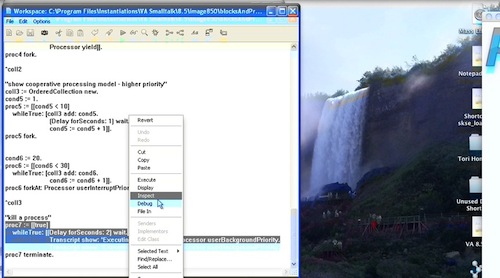 .
.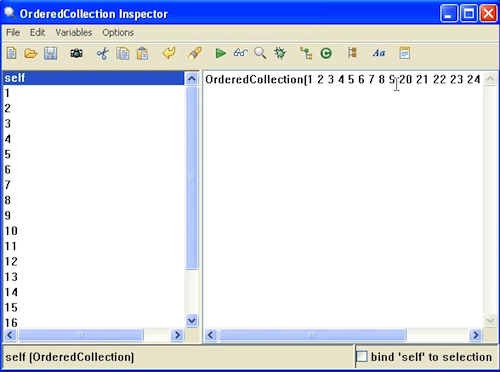
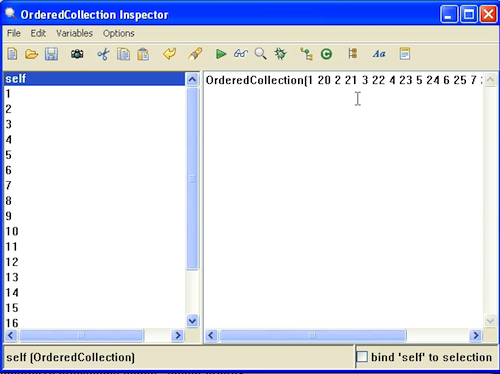
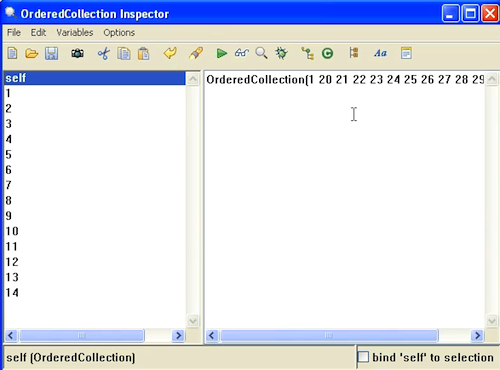

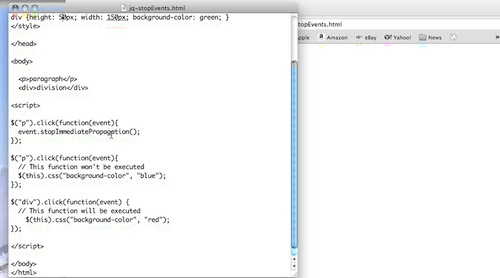
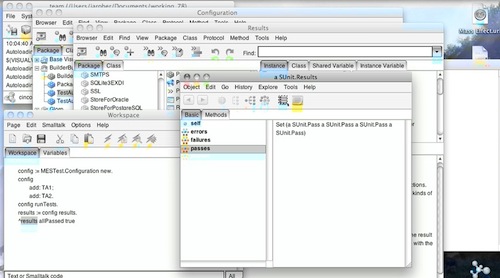
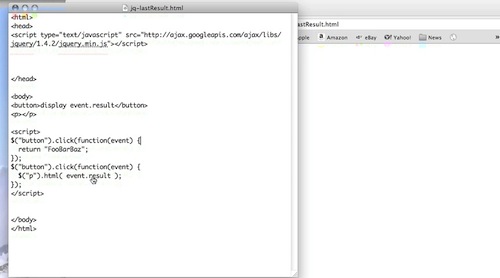

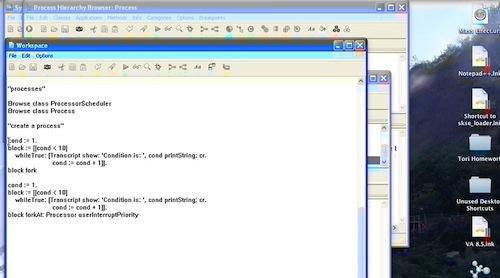 .
.